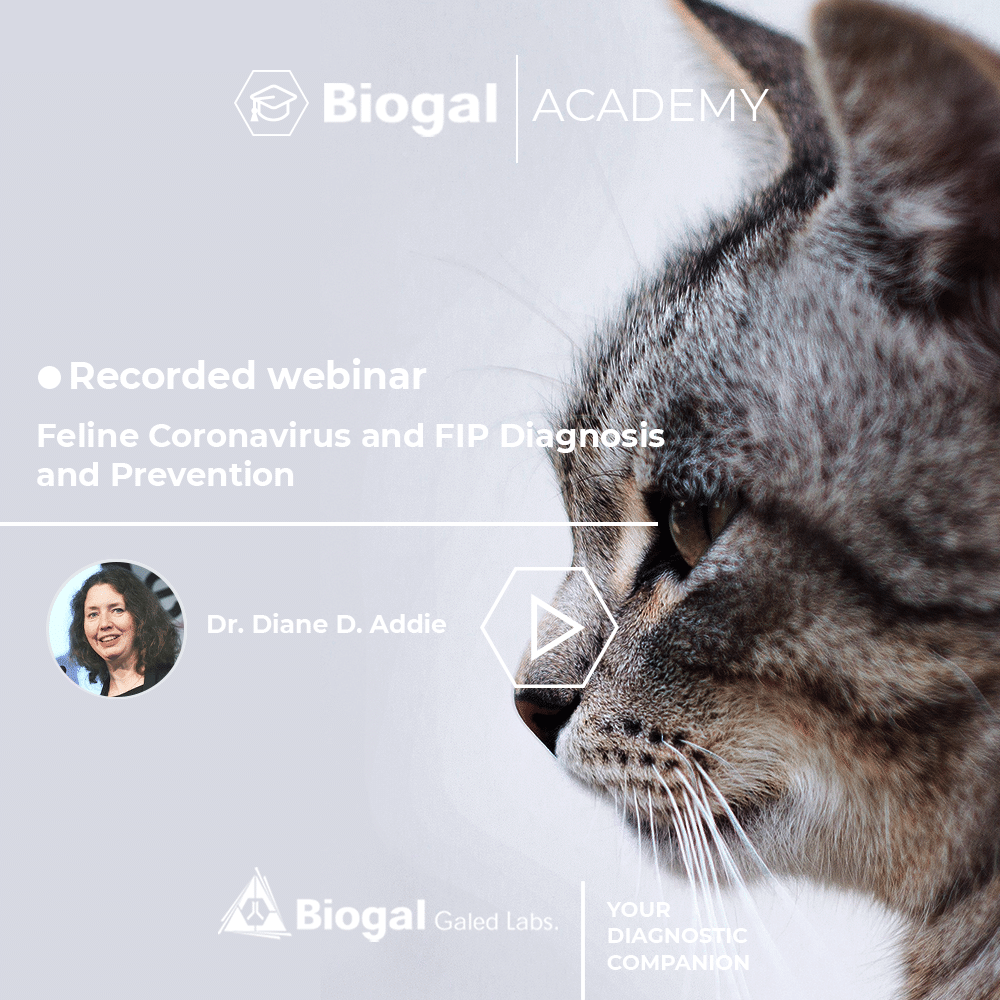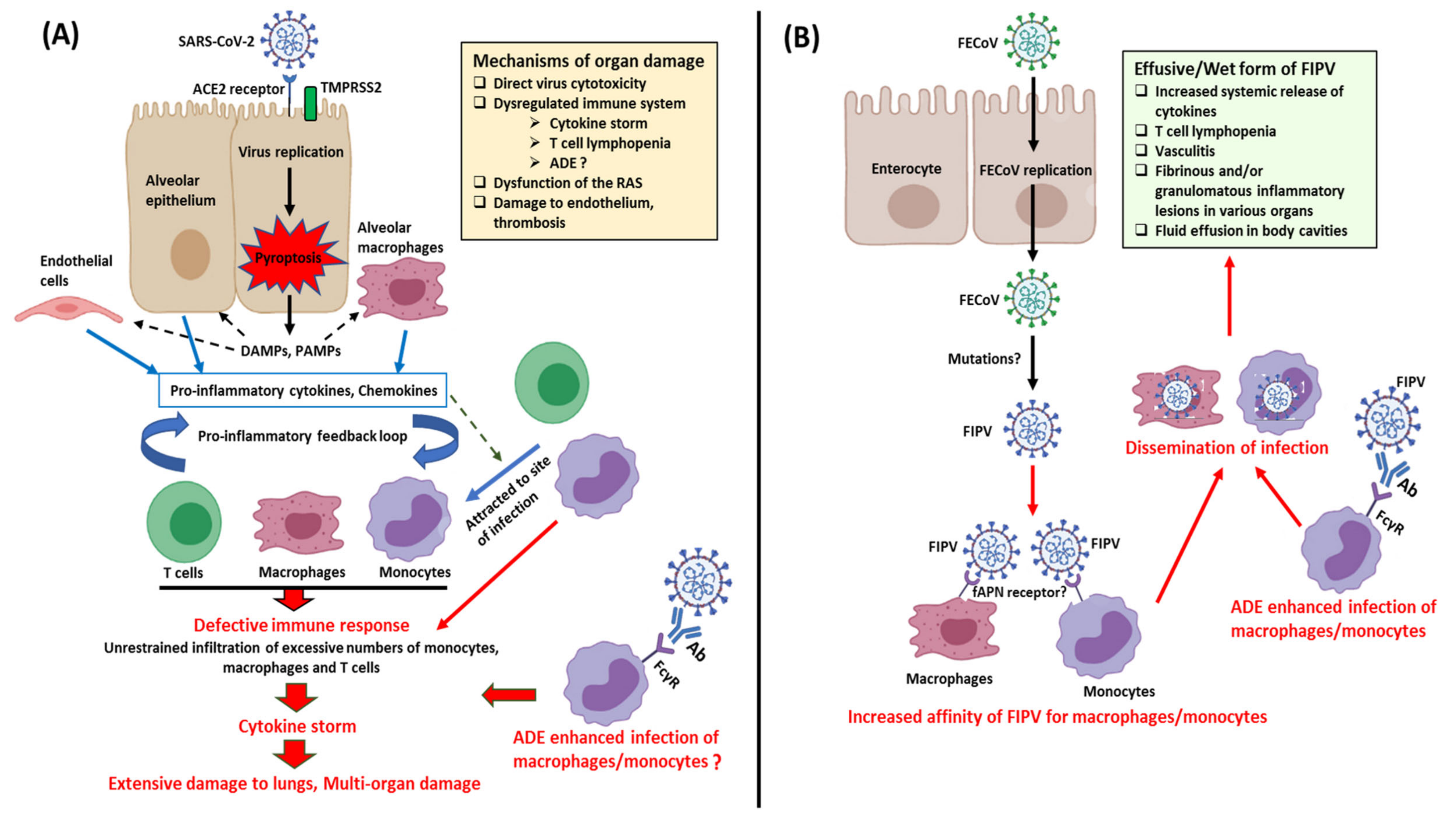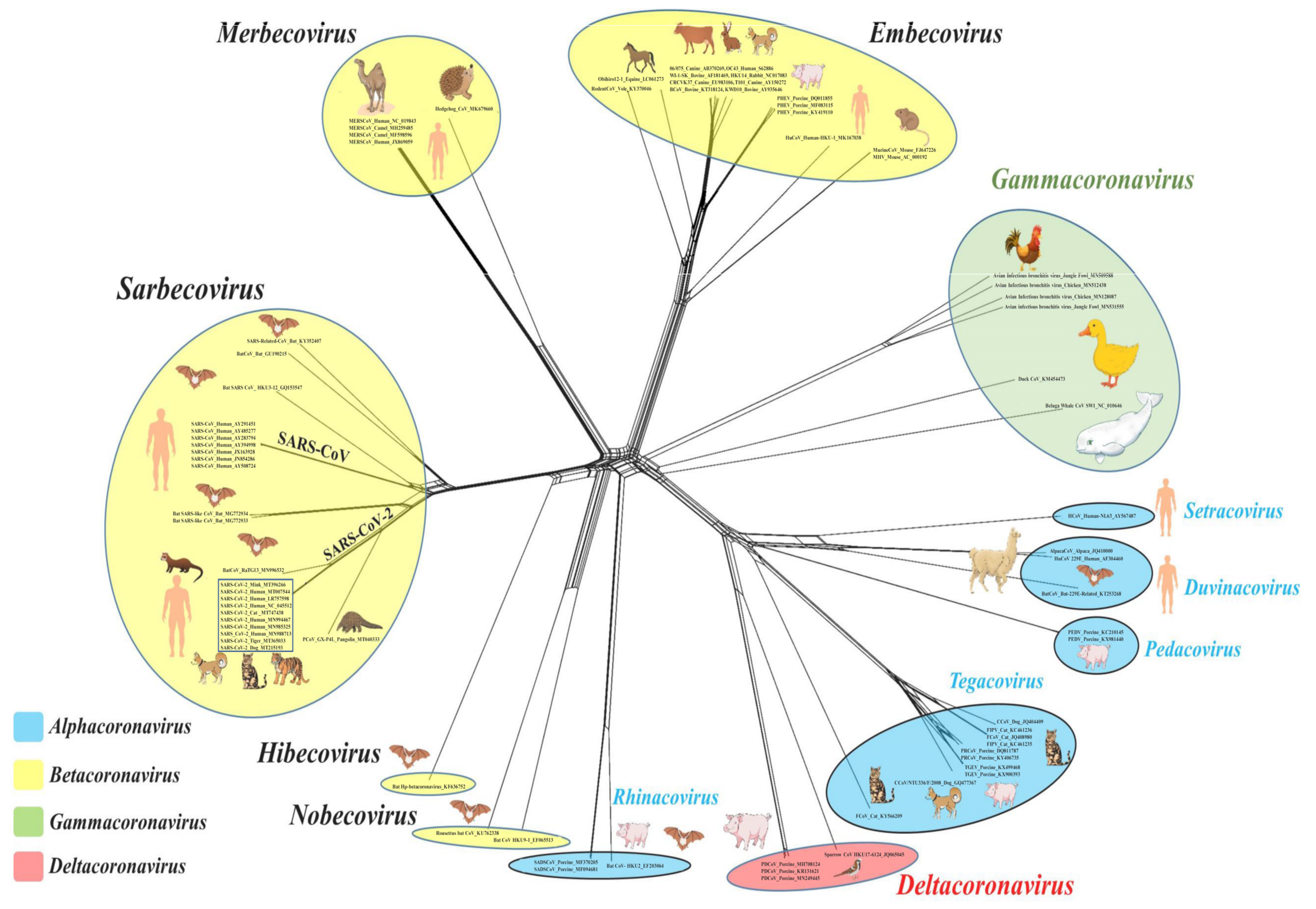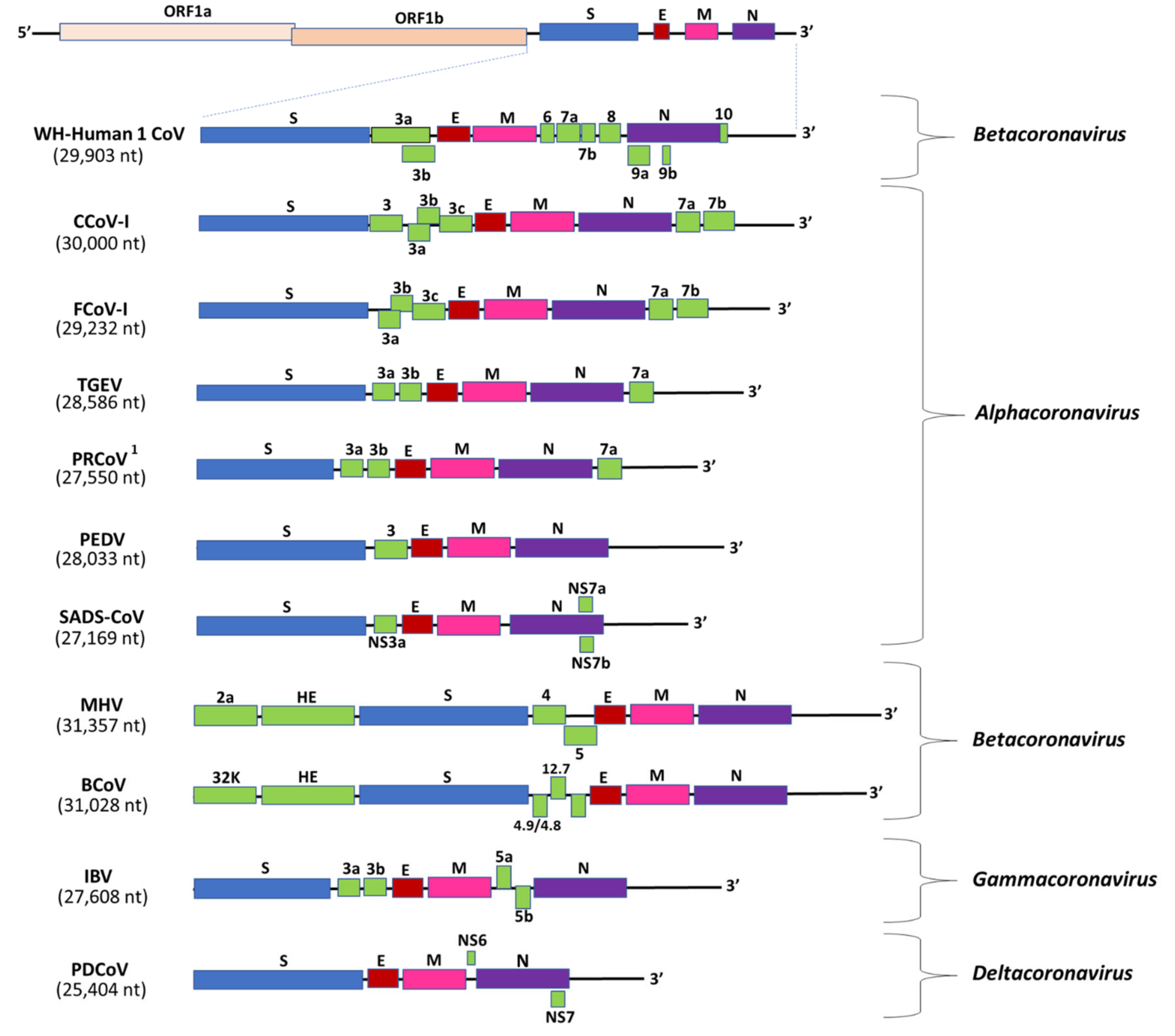Coronavirus In Cats Fip

Cats are susceptible to natural infection with several strains of feline coronavirus that may result in either effusive and noneffusive FIP disease or in subclinical to severe enteritis.
Coronavirus in cats fip. Historically three major pharmacological approaches have been employed to treat FIP. The etiologic agent the feline coronavirus FCoV occurs in two distinct pathotypes that can be distinguished by their biological behavior but not by their morphology. In most cats the coronavirus normally stays in the intestines and either causes no problems or just mild diarrhea.
Scientists dont yet understand how the relatively benign coronavirus is turned into the fatal FIP. What are the signs of FIP. The disease is most common in young cats six weeks to two years.
Feline infectious peritonitis FIP is caused by one of several strains of feline coronaviruses which are grouped into 2 general types of viruses. FIP is an uncommon fatal viral disease of cats caused by an immune response to infection with feline coronavirus FCoV. Cats that have FIPV also have FECV whereas not all cats that carry FECV develop FIP Simons et al 2005.
Exposure to any strain of feline coronavirus will result in an immune response and the production of antibodies. I didnt even know about. As a precaution many veterinarians recommend that you wait about a month after an infected cat dies before introducing a new cat into the house to minimize the chance of exposure to the virus.
If your cat has FIP other cats in your household may be at a greater risk for becoming infected with feline coronavirus. FIP stands for Feline Infectious Peritonitis and is caused by a cat-specific coronavirus that poses no risk to humans. In most cases a coronavirus causes mild treatable symptoms respiratory andor gastroenteritis in cats.
What is feline infectious peritonitis. In rare cases the coronavirus may mutate to a more virulent form which is able to weaken the cats immune system and spread. In his most recent study he successfully treated FIP in 25 of 31 cats using GS-441524.

















